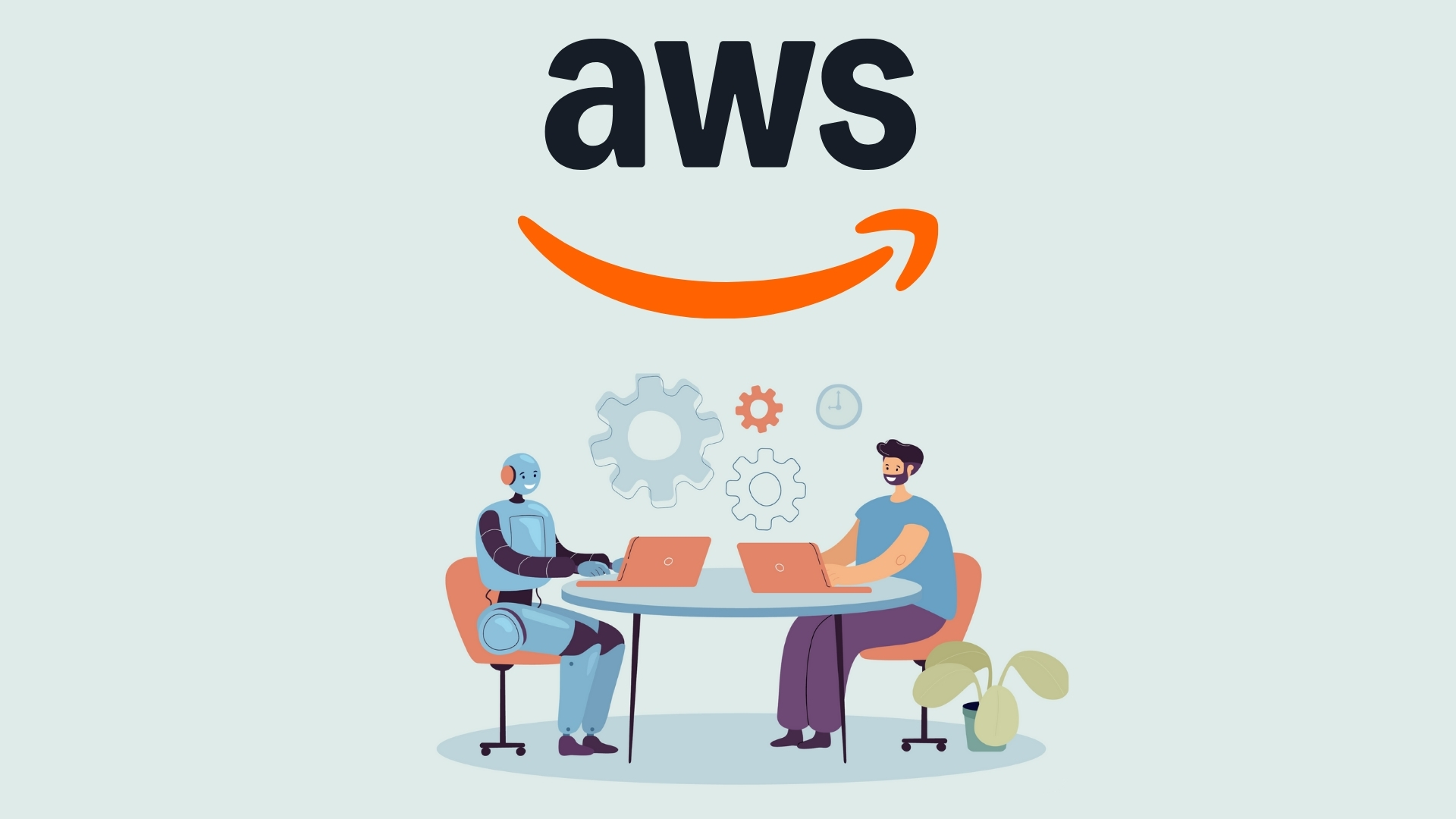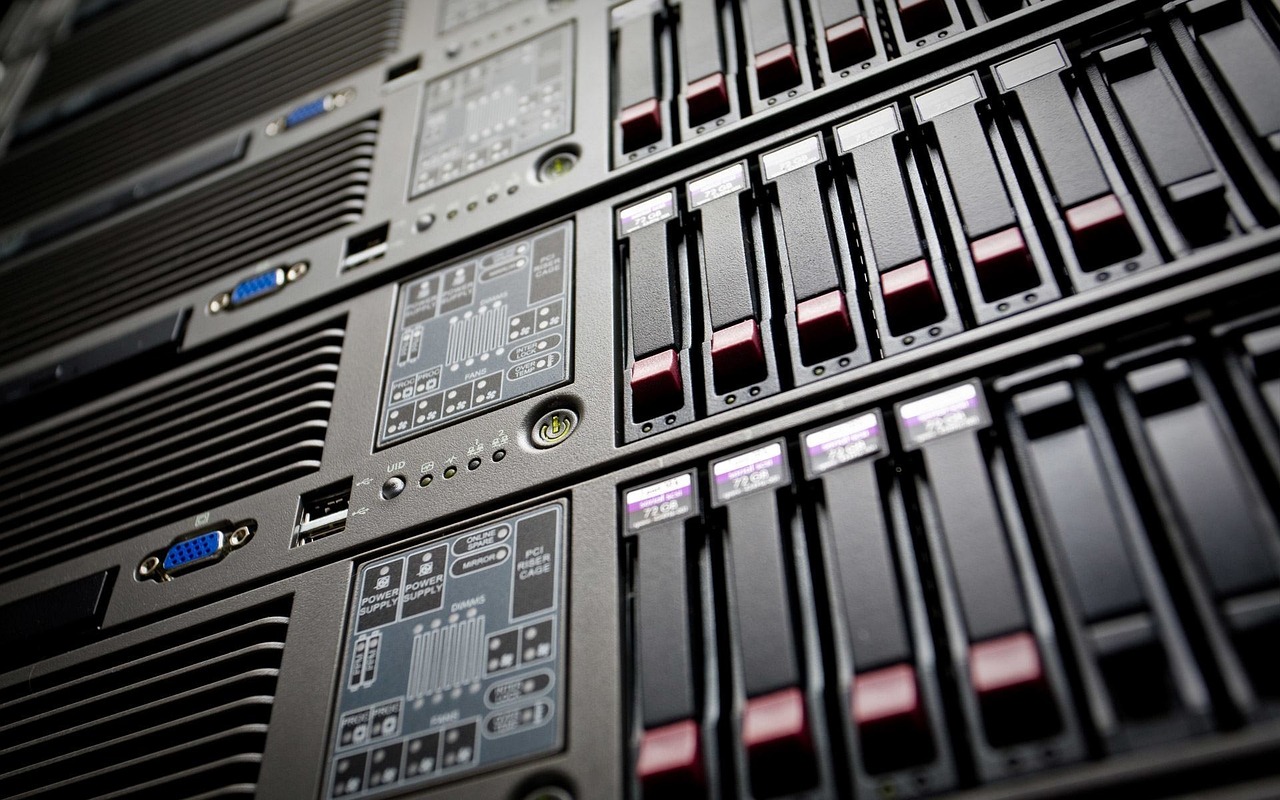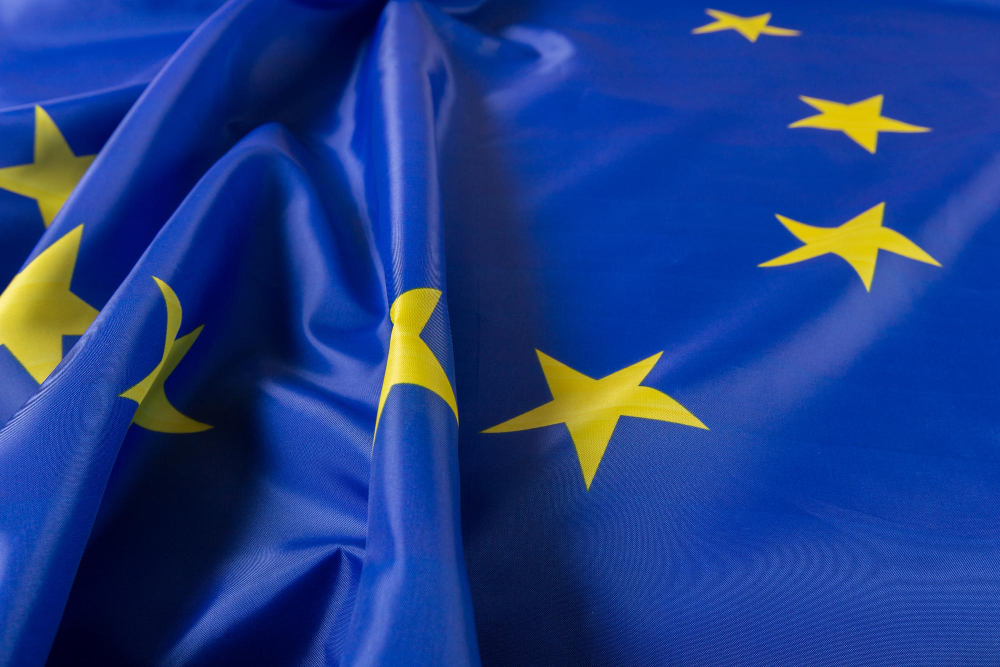Privacy regulators from around the world have issued a joint warning about the rise of AI-generated deepfakes, arguing that the spread of non-consensual images poses a global risk instead of remaining a problem confined to individual countries.
The signatories highlight the rapid growth of intimate deepfakes, particularly those targeting children and individuals from vulnerable communities. They note that such material often circulates widely on social platforms and may fuel exploitation or cyberbullying.
The declaration argues that the scale of the threat requires coordinated action rather than isolated national responses.
Regulators say that only joint oversight can limit the harms caused by AI systems that generate false depictions, rather than protecting individuals’ privacy as required under frameworks such as the General Data Protection Regulation.
Would you like to learn more about AI, tech and digital diplomacy? If so, ask our Diplo chatbot!










